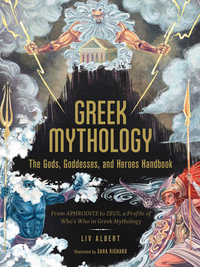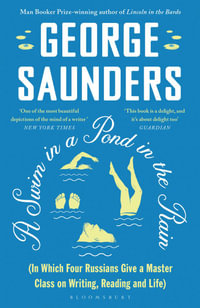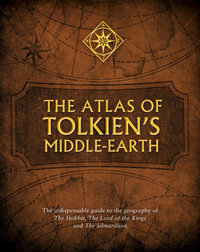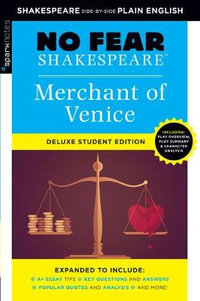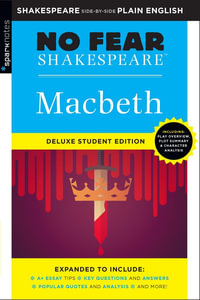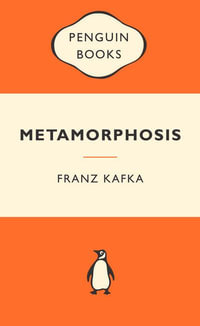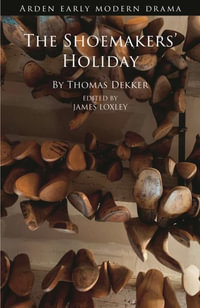Christian poetry was born at the crossroads of the Greek, Hebrew, Roman, and Syrian cultures of late antiquity. Pioneered by poets like Ephrem the Syrian, Gregory Nazianzus, and Prudentius, a uniquely Christian poetry--and poetics--has flourished across history into the twenty-first century. In this series of essays, poet and literary scholar Timothy E. G. Bartel explores the often-overlooked genesis of Christian poetry in the fourth century AD, with a special emphasis on the poetics and cultural-theological vision of St. Gregory Nazianzus. Bartel then traces the influence of the inventors of Christian poetry to poets of more recent centuries, including Elizabeth Barrett Browning, Henry Wadsworth Longfellow, T. S. Eliot, C. S. Lewis, and Scott Cairns. It is in these poets of the last three centuries that we see the continual outworking of the ancient Christian poetic project and a blueprint for the future of a literature that continues to learn from the church fathers and the theological traditions of Christianity.
Industry Reviews
“The Poets and the Fathers opens up the treasures of Gregory of Nazianzus and Prudentius and invites us not only to their riches, but to the neglected abolitionist Longfellow, the erudite learning of T. S. Eliot and C. S. Lewis, and the careful and wry verse of contemporary poet Scott Cairns. Timothy Bartel invites us to discover why generations of English poets have been drawn to these ancient Christian riches. A worthy endeavor indeed!”
—Philip Mitchell, professor of English, Dallas Baptist University
“This book answers a question you may have never asked but should have: How does modern poetry draw on the church fathers? Erudite yet accessible, The Poets and the Fathers surprises you, showing the influence Gregory Nazianzus had on Elizabeth Barrett Browning or Prudentius on T. S. Eliot and C. S. Lewis. For those keen on knowing the tradition, this book fills in beautifully gaps in our knowledge and encourages us to look more often for the ways that the past can speak into the present.”
—Jessica Hooten Wilson, chair of great books, Pepperdine University
“Timothy Bartel’s essay collection charmingly makes the case for the church fathers as key figures in the history of literature. I expect many readers will respond as I did: first with raised eyebrows, then pleasant surprise, and then admiring agreement.”
—Philip Tallon, dean, School of Christian Thought, Houston Christian University






